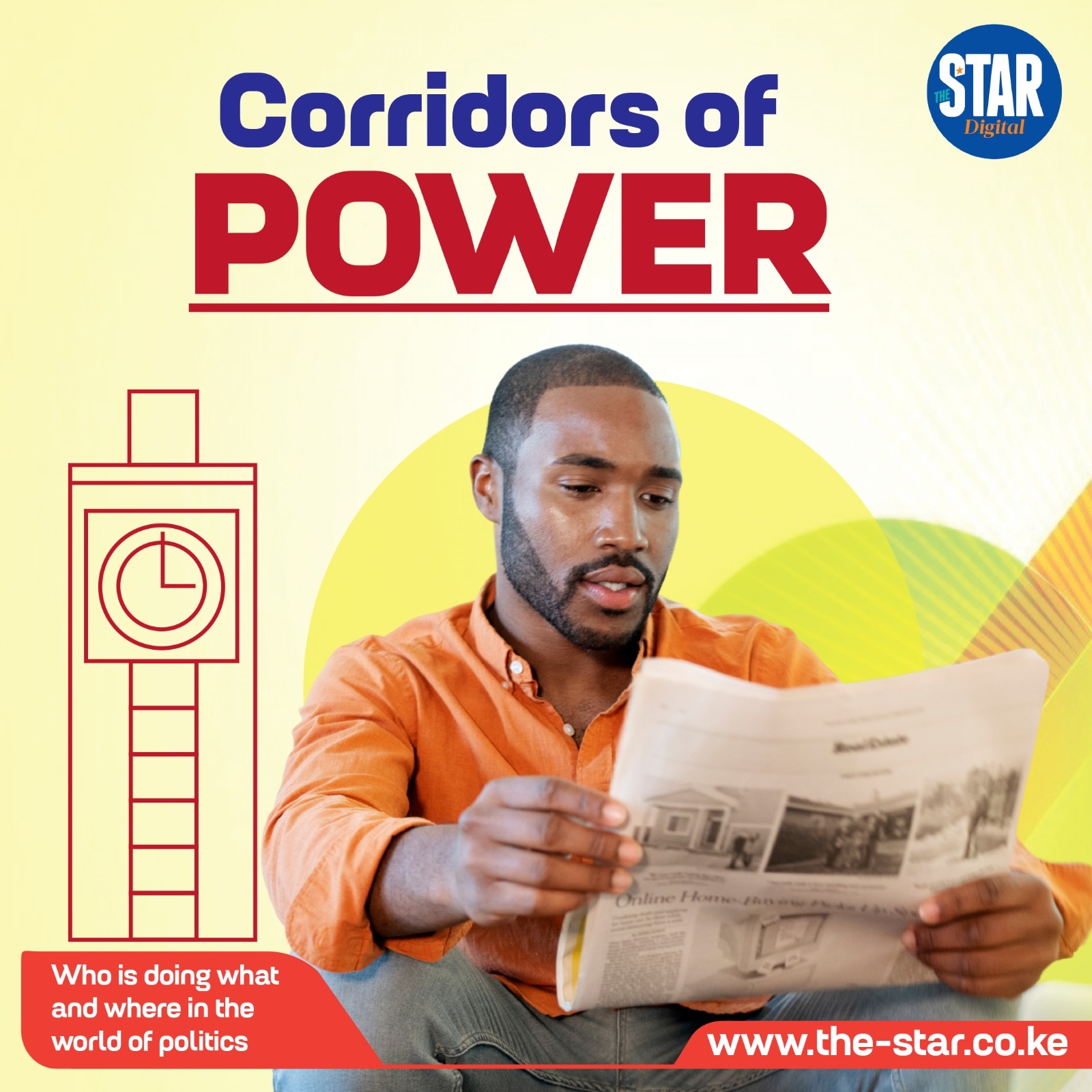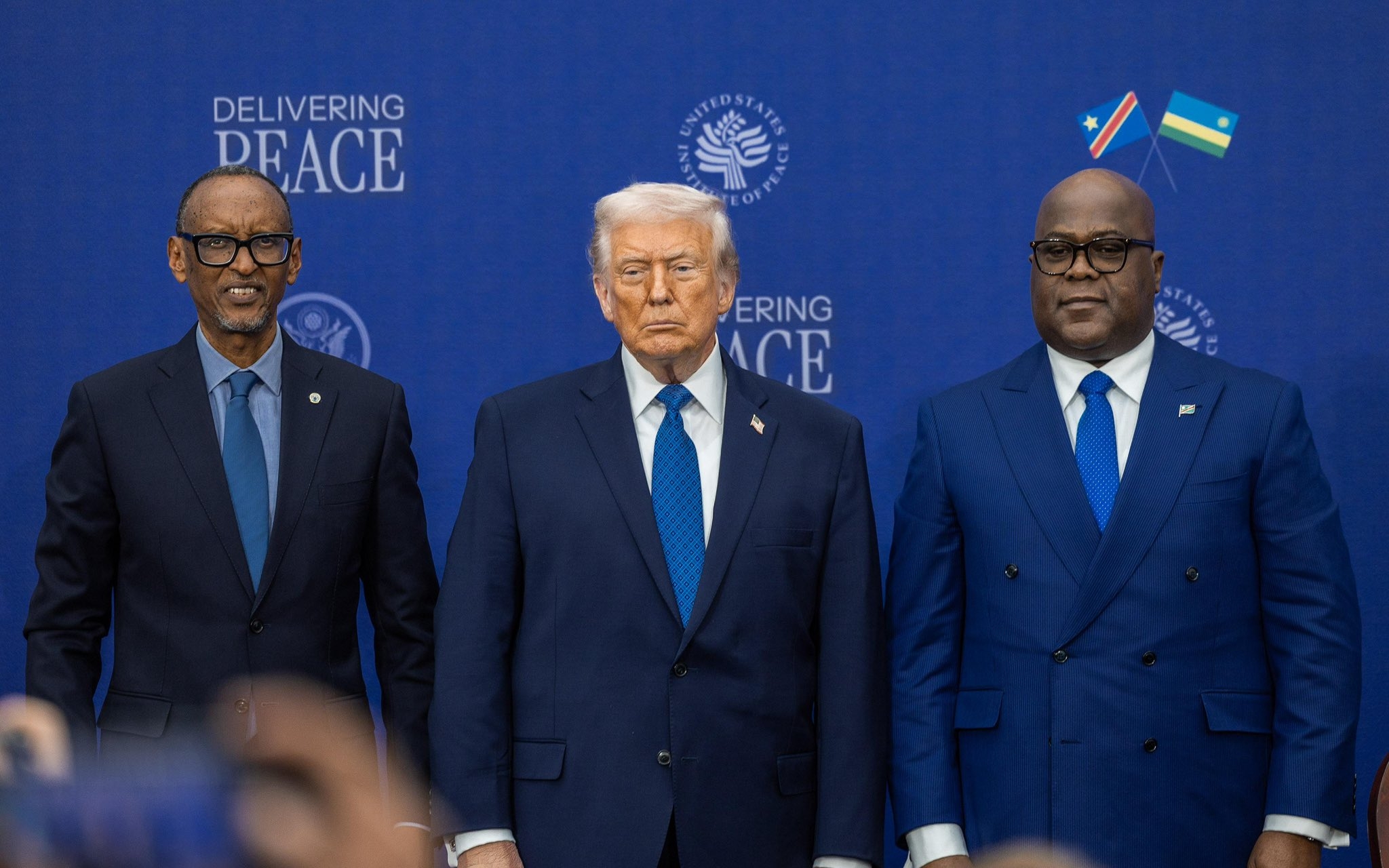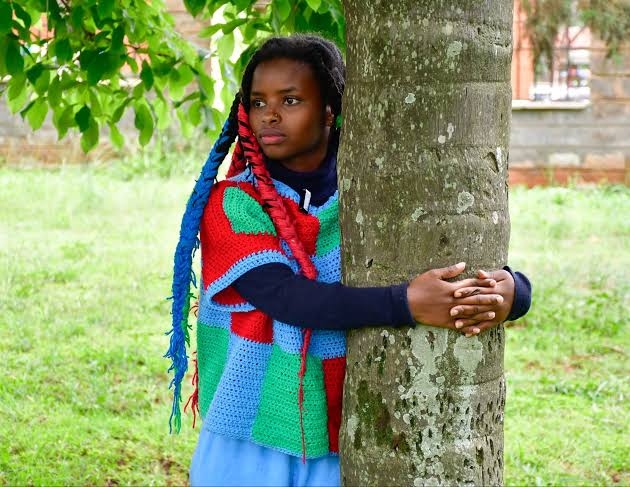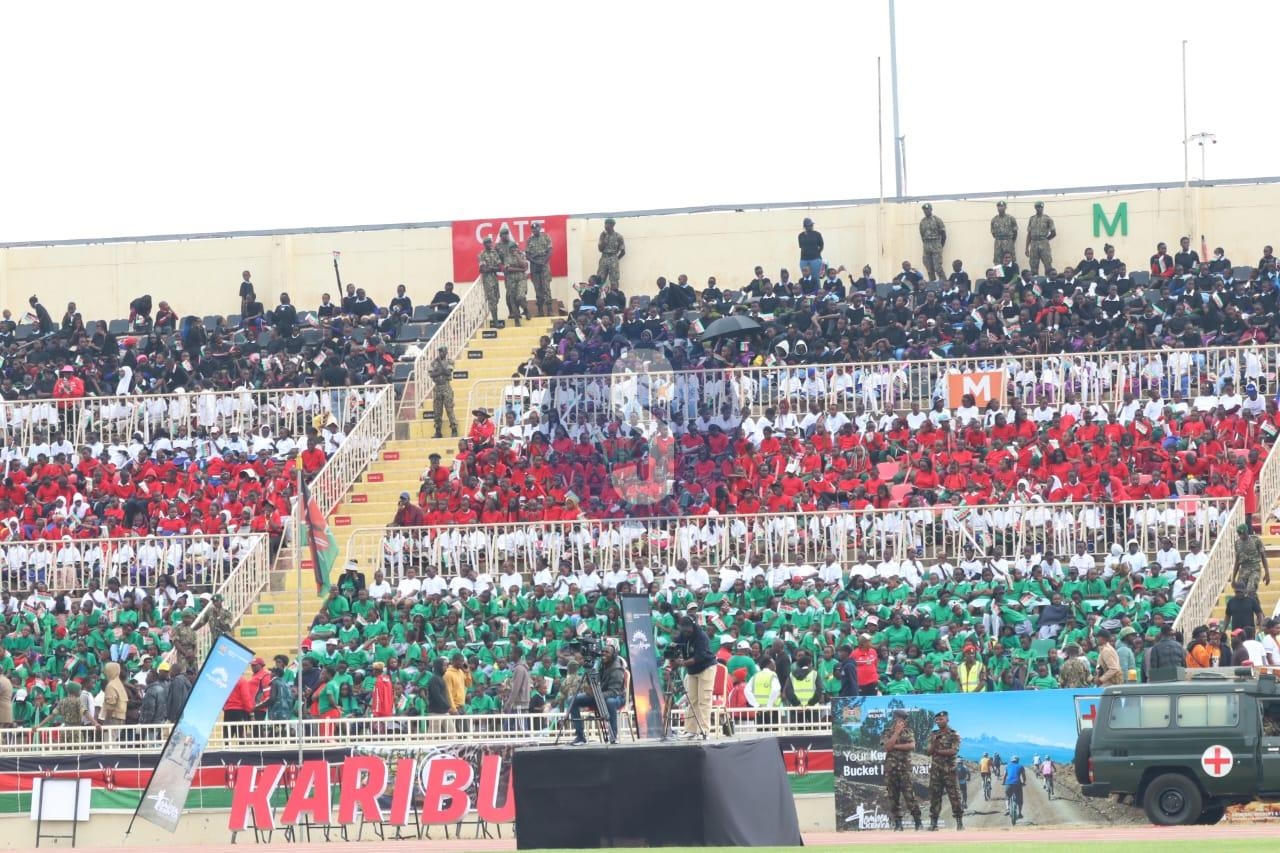The right to freedom of peaceful assembly is enshrined in the Constitution and the regional and international human rights mechanisms that Kenya is party to.
Article 37 of the Constitution provides: “Every person has the right to peaceably and unarmed assemble, demonstrate, picket and present petitions to public authorities”.
Additionally, the International Convention of Civil and Political Rights and the African Charter on Human Rights, which Kenya is a signatory, protects this right.
Despite the above protection by the law, the magistrate’s court in Mombasa on February 21, 2022 sentenced five activists and a matatu tout to 12 months probation for engaging in a “prohibited” gathering and failing to maintain the prescribed physical distance.
The six were charged with three counts under the Public Health (Covid-19 Restriction of Movement of Persons and Related Measures) Rules of 2020 (hereinafter ‘the Covid-19 Rules’).
The court found them guilty on two counts and acquitted them on the count of failing to wear a facemask. The five human rights defenders were demonstrating, calling on the government to arrest those accused to have misappropriated public funds meant to fight the Covid-19 pandemic.
The protests against embezzlement of the Covid-19 funds took to street not only in Mombasa county but also in other major towns, including Nairobi, Kisumu and Nakuru. There was also an online protest on Twitter where Kenyans using the hashtag #ArrestCovid19thieves called for the arrest of those involved in the misappropriation of the funds.
It is ironical that instead of arresting and prosecuting the alleged thieves, it is those who came out to call out the evil who ended up being arrested and sentenced.
The courts, which are the often seen as the final course of action in accessing justice, ought to have protected the constitutional right of the protesters. Additionally, the courts have a responsibility to protect the continued shrinking civic space by ensuring citizens enjoy their right to freedom of expression through different avenues.
From the onset, the Covid-19 regulations have been used as tools to suppress free speech and have been applied selectively. While politicians are allowed to hold public political gatherings to campaign for the August general election, citizens are arrested for protesting. They are charged for failure to adhere to the regulations prohibiting public gatherings and failure to maintain social distance.
Worse still, during the sentencing, it was very clear that these same rules were not being observed as there was no social distancing. Additionally, the court observed it was ‘not possible to maintain physical distance in the ensuing fracas’ but failed to address the question of whether it was in fact proven that the accused failed to observe the physical distance.
In July, 2020 and at the height of the pandemic, the UN Human Rights Committee published its interpretation on the right of peaceful assembly also known as ‘general comment’, on article 21 of ICCPR about fundamental right of peaceful assembly.
Taking into consideration the pandemic, the committee provided that generalised references to public order or public safety, or an unspecified risk of potential violence are not solid grounds for governments to prohibit peaceful assemblies.
The committee additionally stated that governments also have negative duties, such as not to prohibit, restrict, block or disrupt assemblies without compelling justification. While making its decision, the court ought to have made reference to this.
On the second count, the magistrate noted that the demonstration was conducted ‘without getting permission’. This is a misguided interpretation of the law.
Section 5 (2) of the Public Order Act provides that protesters are required to notify authorities of any public gathering at least three days in advance, with a maximum of two weeks. However, the Act does not require authorities to acknowledge receipt of these notifications. This cannot be interpreted to mean that for one to protest they need “permission”. Notification is supposed to enable police officers to facilitate the protests.
In practice, however, this has been used not only as an authorisation process, but also as a tool to stifle legitimate rights.
The African Commission Guidelines on Freedom of Association and Assembly in Africa stress that protest is a right, and no prior authorisation should be needed.
This fact is emphasized by the Human Rights Committee General Comment 37 on the Right of Peaceful Assembly, which provides that the purpose of prior notification is not to seek permission but to in fact inform authorities so that they can facilitate the exercise of the right. Notification should not be required for spontaneous protests and this should be enshrined in the law.
Although there is an opportunity to appeal, the court ought to have used this opportunity to uphold the right to freedom of peaceful assembly and set the six free.
Muthuri Kathure is the senior program officer- Civic Space at Article 19 Eastern Africa
WATCH: The latest videos from the Star
















